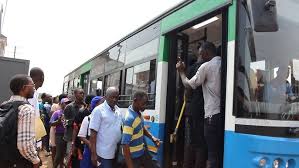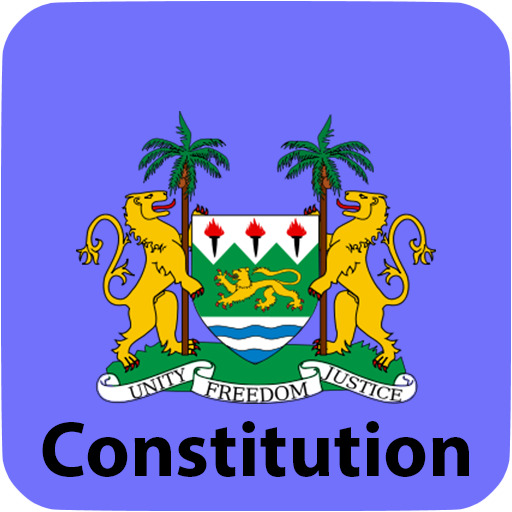By Hassan Osman Kargbo
Freetown, the vibrant capital of Sierra Leone, has long grappled with a pervasive transportation crisis, particularly affecting residents in the East end of the city.
Despite the best efforts of successive governments, the transportation issues continue to plague this region, significantly impacting the daily lives of its residents. With rising population pressures and increasing demand for reliable transport services, the situation appears to be deteriorating rather than improving.
The introduction of the ‘Waka Fine Buses’ initiative was hailed as a potential solution to the transportation woes faced by Freetown’s residents. The buses were expected to alleviate congestion and provide a more dependable means of transportation for thousands who navigate the bustling streets of the East-end daily.
However, the reality on the ground reveals a different story. Even with the Waka Fine buses in operation, long queues are a common sight at various junctions in the East-end during morning rush hours. The sheer volume of commuters far exceeds the transportation capacity available, leaving many residents frustrated and late for their commitments.
Many students residing in the East-end are particularly affected by the transportation challenges. For instance, some students wake up as early as 5 am in a desperate bid to reach their schools on time. Despite their efforts, the inadequacies of the transportation system often cause them to arrive late, impacting their academic performance and overall well-being, the cycle of transportation frustration leading parents to voice their concerns over the challenges they face daily.
Madam Isatu Thomas, a single mother living in Portee, shared her struggles, highlighting the toll that transportation issues take on her family. With three children to care for, she finds it increasingly challenging to ensure they arrive at school on time. “Transportation is a burden for us as parents,” she expressed. “We need the government to address this issue seriously. Our children’s education should not suffer because of a lack of reliable transport.”
Similarly, Mohamed Turay, a resident of Wellington, lamented how transportation difficulties frequently cause him to be late for work. “I often find myself scrambling for a ride, and by the time I find one, I’ve already lost precious hours that I could have been spent being productive,” he said.
He called upon the Drivers’ Union to consider implementing strike measures to enforce better practices among drivers, noting that some are prone to overpricing fares or opting only to take passengers partway to their destinations.
The government’s inability to resolve the transportation dilemma in the East End can be attributed to several factors: lack of investment in public transportation infrastructure, insufficient regulatory oversight, and the rapid population growth in Freetown, all contributing to the cyclical nature of the transportation crisis.
Moreover, the current transport system seems ill-prepared to handle the shifting demographics and evolving needs of the community.
Local drivers often face pressure to maximize profits, leading to practices detrimental to commuters, such as refusing loads or overcharging passengers. Consequently, the onus falls not only on government authorities to enhance the transportation infrastructure but also on the Drivers’ Union and other relevant stakeholders to uphold ethical practices within the transport sector.
Community stakeholders and advocacy groups are increasingly calling for a collaborative approach to address the transportation challenges. Solutions could involve expanding public transport networks, increasing the number of vehicles operating on popular routes, and implementing fare regulations that protect passengers from exploitation.
Furthermore, enhancing educational campaigns to familiarize residents with the available services and encouraging the formation of local transport cooperatives can also serve as a means of addressing the issue. Local innovations, such as community ride-sharing initiatives, could provide short-term relief whilst the government undertakes more comprehensive infrastructure development.
In conclusion, the transportation crisis in the East end of Freetown is not just a logistical issue, but has profound implications for the quality of life for its residents.
The government, local transport authorities, drivers, and communities must come together to forge sustainable solutions that ensure timely and affordable transportation for all. It is crucial for decision-makers to prioritize addressing such issues, as the livelihood and future of many depend on the effectiveness of the transportation system.
Until tangible improvements are realized, the people of East end will continue to endure the frustrations and delays of an inadequate transportation system, underscoring a pressing need for change.













